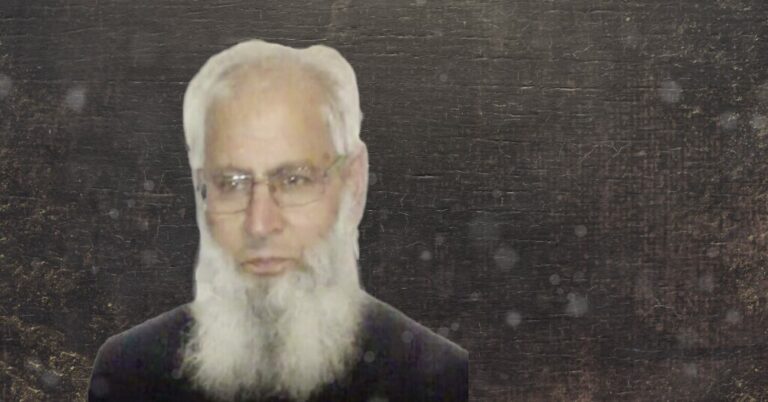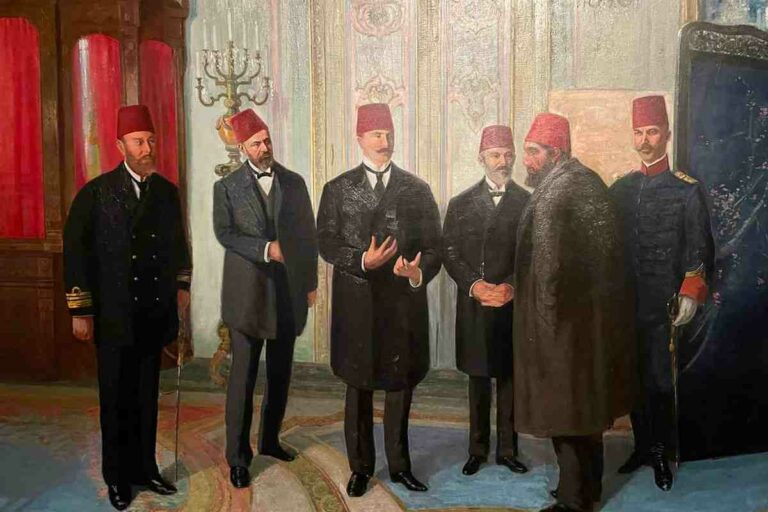In its latest human rights report, not a great read, the Commons foreign affairs committee wondered if the government attitude to “countries of concern” isn’t a wee bit too “low key”. Britain’s relations with Saudi Arabia, for instance, would benefit from a “bolder” approach, whereby ministers somehow acknowledged, if only for appearances’ sake, the contradiction between – I paraphrase – a notional distaste for torture and the regular prostrations required if influential torturers are to shop British for their weapons.
On women’s rights, the committee came close to being insistent, asking the Foreign Office to explain what, if anything, it is doing to safeguard women’s interests “worldwide”. That this barb, at least, hit home became clear last week when ministers welcomed a delegation from the Saudi Shura council, an appointed body, which featured, for the first time, a couple of women. Moved, some believe, by his intensive study of Naomi Wolf and the Jezebel women’s website, King Abdullah recently decided to place 30 women, including two of his family’s princesses, in the 150-strong Shura, a change his dynasty would like to depict as reformist.
As reported by the Foreign Office, the foreign secretary, William Hague, duly applauded, in the run-up to International Women’s Day, the great wisdom of these appointments: “A milestone for reform of women’s rights in Saudi Arabia.” And therefore, you gathered, for Britain. “We are looking with the Shura council into the means of exchanging experiences and into finding ways to benefit from them,” Andrew Lansley said on a tour of Westminster. Might it be in women’s interests, for instance, if Theresa May were invited to sit, more like a female Shura politician, apart from the men and behind a screen? “There are clear differences in the political regime of both countries,” Lansley acknowledged, “but there are also many similarities.”
Of course, the immediate problem for any British women hoping to benefit from their Saudi counterparts’ experience, political or otherwise, is getting to meet any of them. How can Saudi and British women learn from one another, as Lansley hopes, when they are not allowed out alone and foreign women are not allowed to enter the country without a male protector? But this difficulty has evidently been anticipated by the Foreign Office, which recently announced that the Prince of Wales and Camilla, the Duchess of Cornwall, will be our fact-finders, an official visit to Saudi Arabia having been added to their imminent tour of the Middle East.
Far from needing any persuasion to visit this country of concern, the palace emphasised, Charles was thrilled to be strengthening “relations which are underpinned by the close personal friendship that exists between their royal highnesses and the Saudi royal family”. Unaffected by regular reports about torture, intolerance and oppression and, in 2011, the country’s participation in Bahrain’s violent crushing of dissent, the prince’s affection for Saudi Arabia’s innumerable royals has blossomed over his eight official visits and intervening meetings in Britain, to the point that Highgrove is irrevocably – even if no floral roundabouts and municipal visits are involved – twinned with Jeddah.
Plainly, if you hate democracy but love all-male company, fast cars and Islamic art, Saudi princes can be a lot of fun. At any rate, Prince Alwaleed Bin Talal Alsaud, recently in the news to protest that Forbes magazine put him as low as 26th on its rich list, has emerged as one of Charles’s boon companions: one pictures him deprecating western materialism with Nicholas Soames, or taking Stephen Fry for a spin round Charles’s reed bed drainage system in his crystal-covered Mercedes. Much has been written about Charles’s traditionalist sympathies, but perhaps, if the Saudi trip goes well, visitors to Highgrove’s gardens will not have to wait long for a mini grand canyon inspired by the one Prince Alwaleed has already installed in a “farm and resort” on the edge of Riyadh.
Both Charles and Camilla are expected to meet the first women members of the Shura, whose well-publicised appointment should not be confused with any significant relaxation in the caged conditions ordained by the ruling family for its female – and non-Saudi – population. As the Islamic Human Rights Commission reports, in evidence recently submitted to the foreign affairs committee (now investigating relations with Bahrain and Saudi Arabia), the male guardianship system still means that, as well as being banned from independent travel, driving and physical education, “in many cases women cannot even access medical treatment without permission of a brother, father or husband”.
Despite being, by choice, no stranger to male guardianship systems, the duchess has recently associated herself with campaigns to improve women’s lives, to the point that Jude Kelly, organiser of the Southbank Centre’s Women of the World (WOW) global festival, now introduces her as someone also helping “women to recognise their true potential”. If, for all the trickiness of reconciling women’s empowerment with life as Charles’s consort, Camilla is indeed a credible campaigner for women’s rights, she will presumably register, at some point, that the recent Shura titivations have as much to tell foreigners about Saudi’s equality of the sexes as did Stalin’s Potemkin villages about the Soviet workers’ paradise.
Anyone inclined to believe that, unlike the cardboard facades that captivated the Sidney Webbs and other fellow travellers, King Abdullah’s show of female empowerment might be the real thing should recall how successfully, last summer, the Saudis persuaded Olympics enthusiasts that the inclusion of two female athletes – who had both trained abroad – amounted to more than the Saudi team’s passport to future participation. Back home, Saudi women were, and are still, denied access to exercise, along with every other freedom, a condition that does not bother the Foreign Office, since, like so much female subjugation around the globe, it simply “reflects widely held conservative social values”. The inequality should certainly, however, worry a WOW supporter such as the Duchess of Cornwall. Even for her spouse, human rights are not the complete mystery that his devotion to Saudi’s tyrants might suggest.
Where the human rights of Tibetans are concerned, Charles has advertised his contempt for their tormentors, regardless of the diplomatic consequences, by refusing to turn up for the Chinese Olympics opening. Chinese officials, so different from the friendly Saudi princes, once struck him as “appalling old waxworks”. More recently, in his own cause, he invoked his human rights – with respect to privacy – to frustrate attempts to access correspondence that might shed light on a tax exemption thought to have cost millions to the exchequer.
When he endorses the oppression of Saudi women, Charles will also, with his retinue of arms salesmen, be giving a British blessing to the country’s religious and political intolerance, its torture, absolutism, imprisonment without trial, capital punishment for minors, pardons for rapist fathers, deals with al-Qaida, opposition to nearby democratic movements and executions for apostasy, homosexuality and adultery. Any of them – but perhaps, particularly, the last – might strike this enlightened royal and his wife as a good reason to remember an urgent appointment with a plant.







